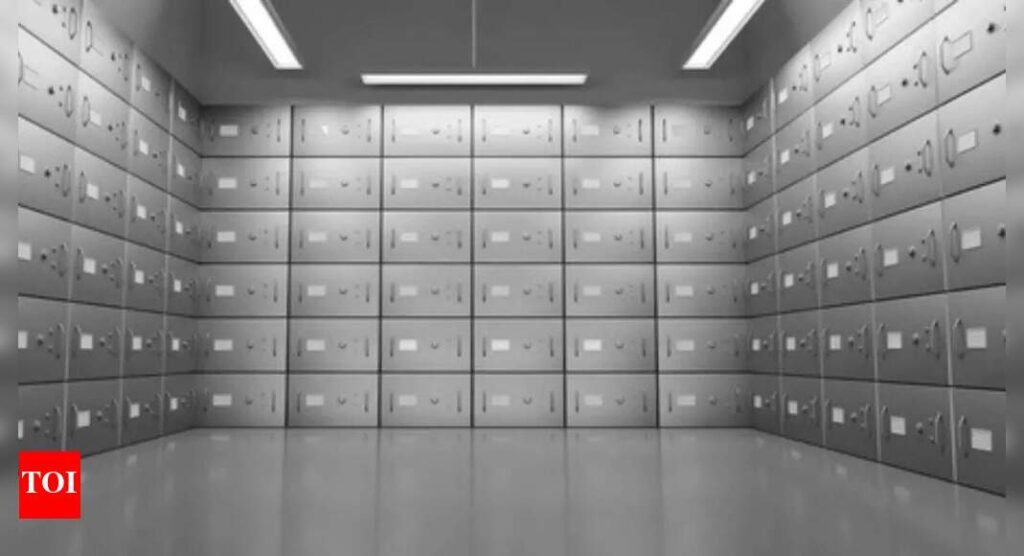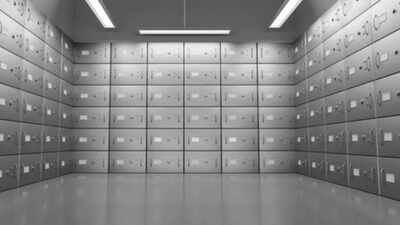
In a bizarre effort to safeguard humanity’s health for centuries to come, scientists in Switzerland are freezing human feces. No, it’s not a joke. The initiative, called the Microbiota Vault, is based at the University of Zurich and aims to preserve the rich diversity of microbes found in human guts. With more than 1,000 samples already stored at a bone-chilling –80°C, this “doomsday vault” is being treated with the same urgency and importance as the famous Svalbard Seed Vault in Norway. The ultimate goal? To shield future generations from the health consequences of vanishing microbiomes.
Why scientists are freezing human poop
Launched in 2018, the Microbiota Vault aims to collect 10,000 human fecal samples by 2029. These aren’t just any samples—they are being sourced from diverse populations across the globe to capture a wide spectrum of gut microbes. Alongside human waste, researchers are preserving around 200 types of fermented foods and plan to include environmental microbes as well.Why all the urgency? Scientists warn that modern lifestyles, characterized by processed diets, antibiotic overuse, industrial agriculture, and climate change, are causing a dramatic loss in microbial diversity. This decline is linked to rising rates of allergies, autoimmune disorders, and chronic illnesses. By freezing today’s microbial richness, the team hopes to offer future generations the ability to restore healthy gut ecosystems, much like how seeds stored in Norway’s vault could someday revive extinct crops.
Preserving health and healing ecosystems
The project isn’t just about saving human health. It could help heal the planet too. Researchers believe that microbes stored in the vault could be used in future ecological restoration projects or to replenish depleted soils. The vault currently holds over 1,200 fecal samples and 190 fermented food specimens from countries including Brazil, Ethiopia, Thailand, and Ghana.Kept at cryogenic temperatures, these samples may one day become key resources for medical research, personalized probiotics, or even rebuilding entire microbial communities in the wake of pandemics or climate disasters. Just like seeds protect our food future, these microbes may protect our biological one.







